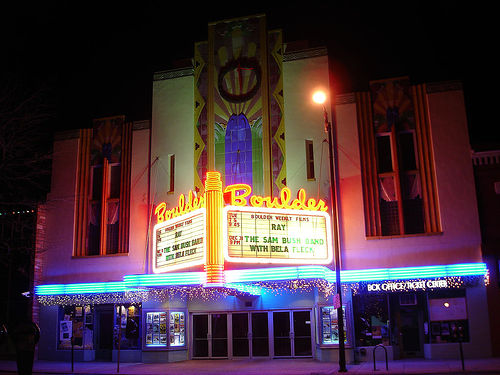
There are two words in the social media world that get confusing.
They are Engagement and Experience.
It’s kind of a fancy way of talking about something else when you’re trying to avoid talking about profit.
Social media is still trying to find its place in the business world.
Business leaders know that business is about increasing sales and increasing profit. Those are really the only two metrics that really matter. When vendors talk about engagement and experience they’re not really doing the hard work to get all the way down to profit.
In the past I’ve talked about how blogging impacts directly on sales at GBW.
However, on the way to sales and profit it is important to understand the entire process.
Then the question becomes…
Do Customers Really Need An Experience?
After all, customers have needs. They want to find satisfaction in life. They want to find knowledge. They want convenience. They want to be entertained and challenged.
These are all things people pay money for and when a business provides those things it can make profit.
My answer is, yes, customers do need an experience in some cases.
Let’s look at a few examples.
Movie Theaters
The movie industry really started taking off in the 1920s, ’30s and ’40s. The only way people could see films was to go to the theater to watch. The theater industry had a monopoly on the way people watched movies.
Then in the ’50s and ’60s there was a disruption in that business model.
Television became a new way for people to watch movies. It was no longer a monopoly. Things really picked up in the ’80s and ’90s with VCRs and DVD players.
But through this entire time the theater industry continued doing well.
The reason for the success was because the theater industry changed their business model. They were no longer selling a way to see a movie. They were selling an experience.
They invested in huge screens. It was more practical for someone to watch a movie on a huge screen at the theater because they can’t really put a huge screen in their home.
The experience became the new product along with the movie.
You certainly needed a good film to have a good experience, but the film wasn’t the only part.
“Going to the movies” was an experience people could sell. It actually became something people simply accepted as standard practice. When you go out on a date you take the person to the movies.
The experience was the product.
Now that paradigm is changing again. People don’t want to spend $15/ea plus another $15/ea for popcorn and a soda just to sit in a theater that is too loud and full of smelly people.
The experience now is to stay at home and watch the movie on a really nice TV. You can cozy up on the couch. You’re in control of the volume and the guest list.
Some movies are even being released directly to people in their homes. They can stream it whenever they want.
It’s a new experience.
Again, the movie is still the product, but the experience plays a huge role.
An Experience Is Sometimes Necessary
Unless you have a monopoly in your product category then experience likely plays a role in your business.
When the theater lost it’s monopoly on how people could watch movies they had to create a different experience that some people found more appealing than watching movies at home.
If you’re in a competitive industry the experience a customer has throughout the sales process and interaction with your product or service can be the difference between you and the competition.
It really comes down to value. If you can offer the same product as someone else for the same price you need to figure out a way to tip the scales with value and an experience can do that.
Some companies are trying to do that with social media. I think some are finding ways to do it.
I think companies are also doing it with things like company blogs.
Here’s a story from a GBW client.
About a year ago I got a call from a client. I introduced myself and they did the same. I asked what I could help them with and they said that they were interested in starting a blog. They needed content and knew there were other sources content writing out there.
Then they said they had been reading the content on the GBW Blog. They were getting to know what we were all about and how we operate. They wanted to share that experience.
The client was basically sold before I even had to ask. They told me they wanted to get started.
Creating the blog was part of the experience the client had with GBW. It tipped the scales in this case and it has in other cases as well.
Your product and service will always be the most important element of your business. If your customers want it bad enough they’ll purchase from you no matter what the experience is like.
But if you’re in a competitive market you need an edge. An experience can give you that edge.
Experiences are not easily copied. Products can be copied. Experiences are more difficult.
If you treat your customers well that’s part of the experience.
People love companies like Zappos and Zappos can actually charge more for their products and people pay it because they know they’ll get a great experience. They love the experience.
It’s relatively easy to start an online shoe company, but it’s hard or impossible to copy the Zappos experience.
If you’re looking for an edge in your market an experience could be the answer.
Do customers need an experience?
Not always, but in some cases it can be the difference.
And that difference means profit.
